Organic Barberries are highly nutritious. They are rich in carbs, fibers and several vitamins and minerals.
The roots, leaves, bark, and fruit of the barberry plant have been used in traditional medicines for more than 2500 years.
Organic Barberries Description
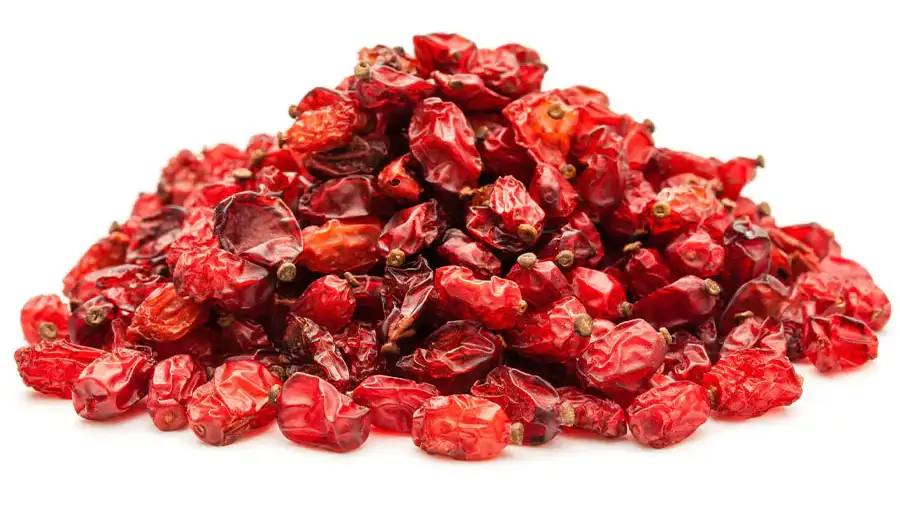
Barberries (Berberis spp.) are a diverse genus of deciduous and evergreen shrubs native to temperate and subtropical regions worldwide. They are known for their bright red or orange berries, which have a tart and tangy flavor. Barberries have been cultivated for centuries for their culinary and medicinal uses.
Characteristics:
-
Barberries are typically small to medium-sized shrubs, ranging from 1 to 5 meters in height.
-
They have spiny branches and leaves, which help protect them from herbivores.
-
Barberries produce clusters of small, brightly colored berries, typically red or orange, but sometimes yellow or black.
-
The berries are tart and tangy, with a slightly sweet undertone.
History:
Barberries have a long history of use in both culinary and medicinal applications. They were first cultivated in the Middle East and Asia, and were later introduced to Europe and North America. Barberries were once used as a common souring agent, similar to lemons or limes, and were also used in jams, jellies, and preserves.
Culinary Uses:
Barberries are a versatile ingredient that can be used in a variety of dishes. Some common culinary uses for barberries include:
-
Snacks: Dried barberries can be enjoyed as a healthy and delicious snack on their own.
-
Salads: Barberries can be added to salads for a burst of tartness and vibrancy.
-
Trail mixes: Barberries can be added to trail mixes for a boost of energy and flavor.
-
Baked goods: Barberries can be added to baked goods, such as muffins, cookies, and cakes, for added flavor and moisture.
-
Syrups and preserves: Barberries can be used to make syrups and preserves, which can be used as sweeteners or condiments.
-
Savory dishes: Barberries can be used in savory dishes, such as stews, tagines, and pilafs, for a touch of tartness.
Health Benefits:
Barberries are a rich source of nutrients, including vitamins, minerals, and antioxidants. Some of the potential health benefits of barberries include:
-
Digestive health: Barberries are a good source of dietary fiber, which can aid in digestion and promote gut health.
-
Antioxidant protection: Barberries are high in antioxidants, which can help protect cells from damage caused by free radicals.
-
Immune system support: Barberries contain vitamin C, which is important for immune function.
-
Heart health: Barberries may help improve heart health by lowering cholesterol levels and blood pressure.
-
Antimicrobial properties: Barberries have been shown to have antimicrobial properties, which may help fight off infections.
Overall, barberries are a delicious, nutritious, and versatile ingredient that can be enjoyed in a variety of ways. They offer a number of potential health benefits, making them a valuable addition to a healthy diet.
It has been used historically for increasing energy and strength, reducing fever, alleviating upset stomach, promoting bowel regularity and treating diarrhea. Barberry continues to be used widely as a natural medicine. It is commonly taken for gallbladder disease, other biliary disorders, heartburn, high blood pressure, and various other conditions.
Organic Barberries Nutrition Facts (A 1/4-cup):
Calories: 89
Protein: 1 gram
Fat: 1 gram
Carbs: 18 grams
Fiber: 3 grams
Vitamin C: 213% of the Daily Value (DV)
Iron: 15% of the DV

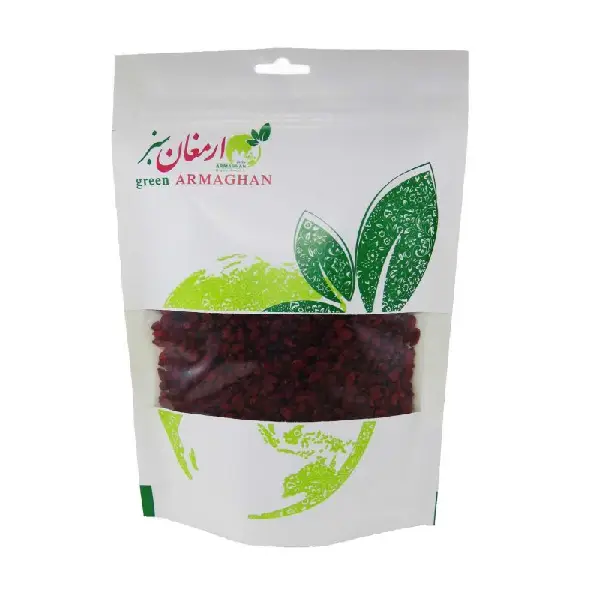
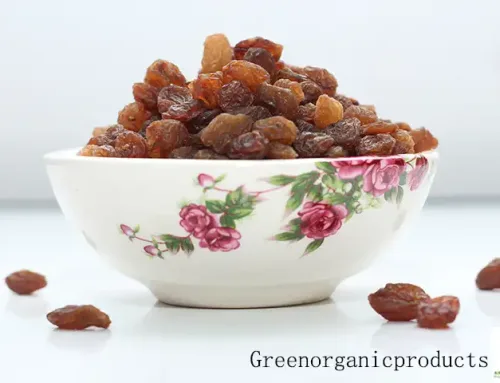
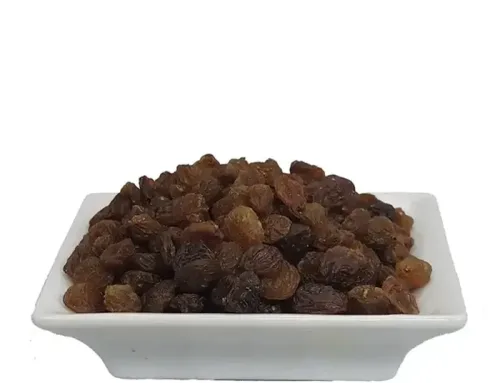
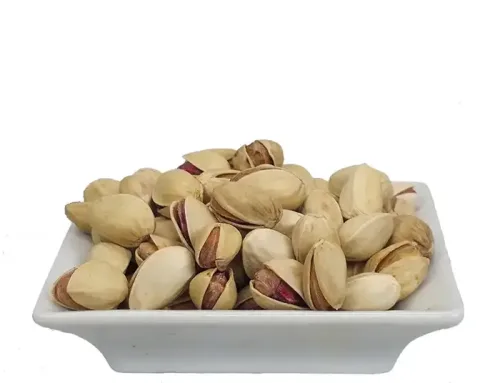
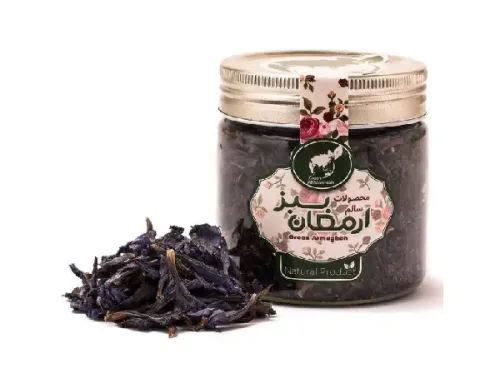
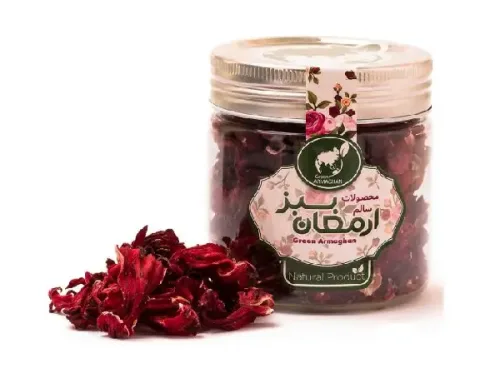
Leave A Comment